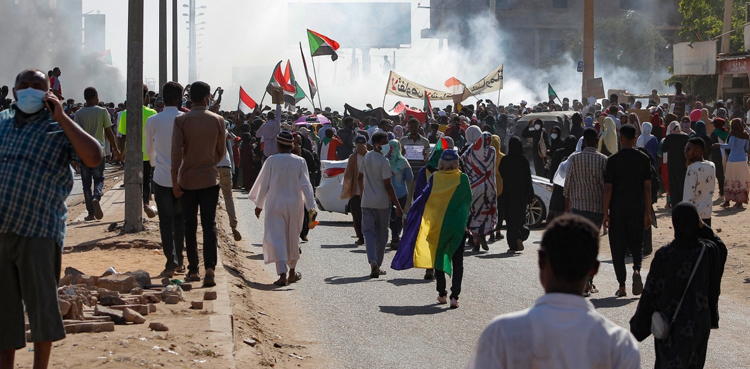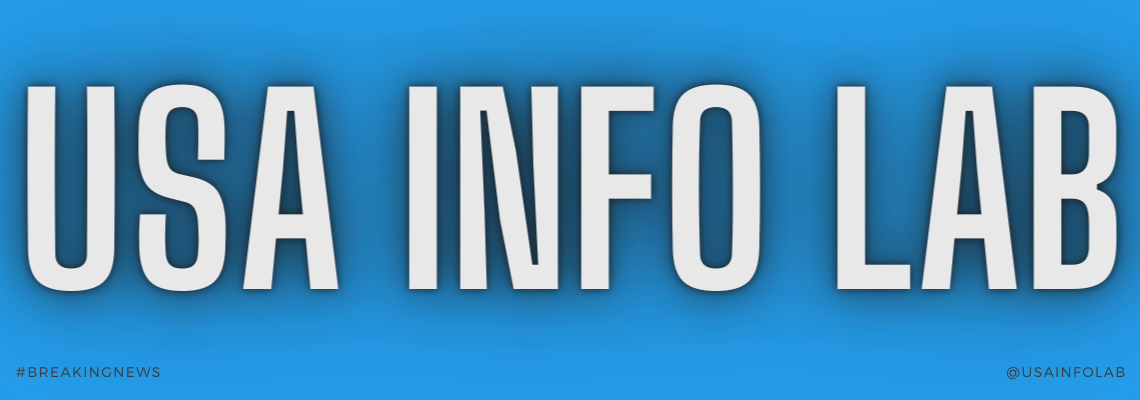
Khartoum: An accelerated breakdown in services including water and electricity supplies has left Sudanese citizens counting the cost of political stalemate after a military takeover last October.
The slide in living conditions comes after the coup triggered the suspension of billions of dollars in international funding, and at a time when the war in Ukraine has pushed the cost of key imports higher.
It has fed into anti-military demonstrations held at least once a week for the past eight months, while also adding to pressure for the military and civilian groups to come to a political agreement.
No prime minister has been appointed since the coup, ministers are serving in an acting capacity and mediation attempts led by the United Nations and the African Union have yet to produce results.
Authorities say they are pressing on with economic reforms that a civilian-led government began under International Monetary Fund (IMF) monitoring in 2020, aimed at reducing subsidies seen as inflationary, but government spending has skyrocketed.
“We are continuing with the economic reform program, and reducing subsidies gradually in a way that citizens can manage,” Finance Minister Jibril Ibrahim told Reuters in an interview.
Read more: Sudan post-coup talks postponed as civilian bloc refuses to join
The government has refrained from printing money to finance the deficit, and monthly state revenues have risen by two-thirds over the past six months to 150 billion Sudanese pounds ($264 million), he said.
Sudan recently signed a deal with the United Arab Emirates for a port and agricultural project, he said, which could lead to greater income.
But inflation means spending has grown even faster. The monthly bill for public sector salaries alone stood at 180 billion pounds, up from 54 billion pounds since the start of the year, on top of rising costs for fuel, wheat, and other imports, he added.
from International News Today - Breaking News, US News, World News https://ift.tt/XrHV5om https://ift.tt/hsVctwL

No comments:
Post a Comment